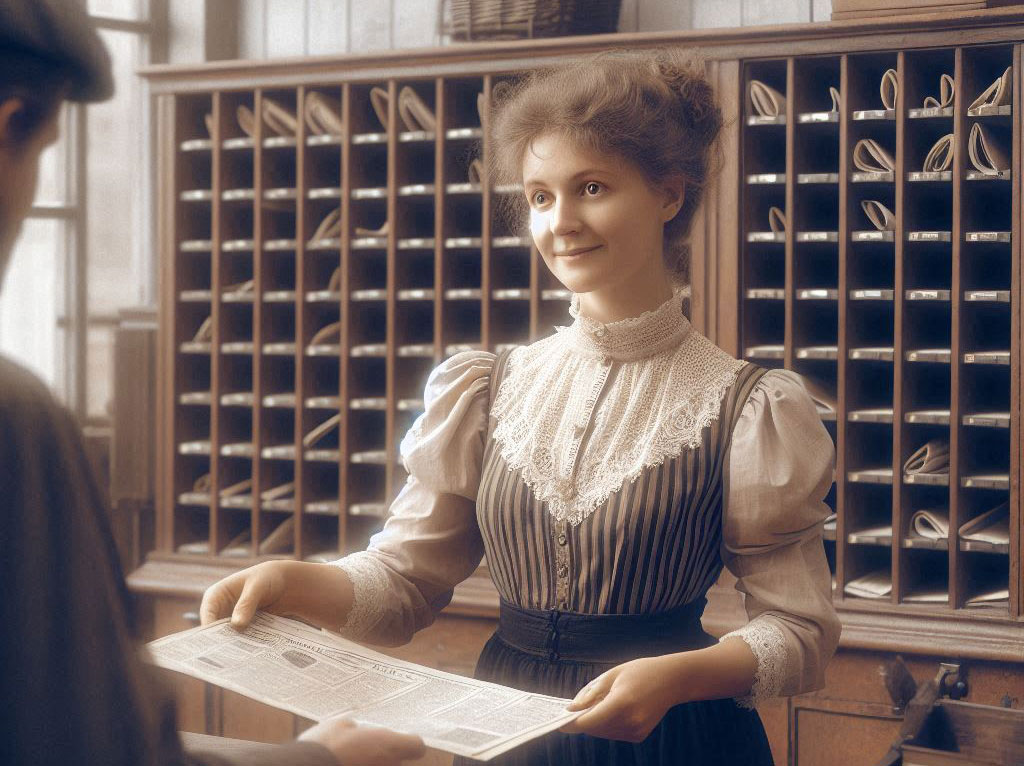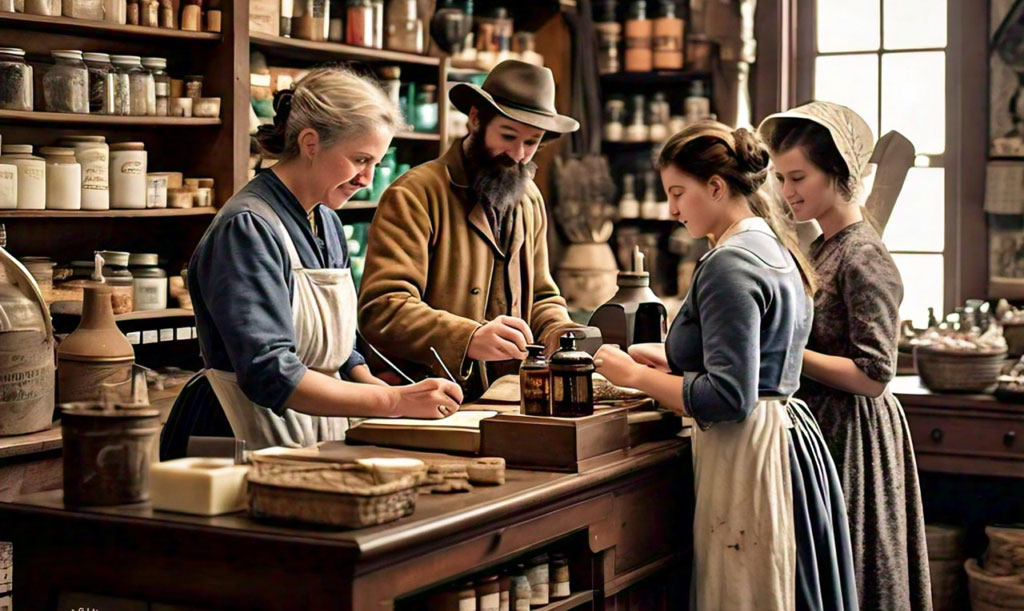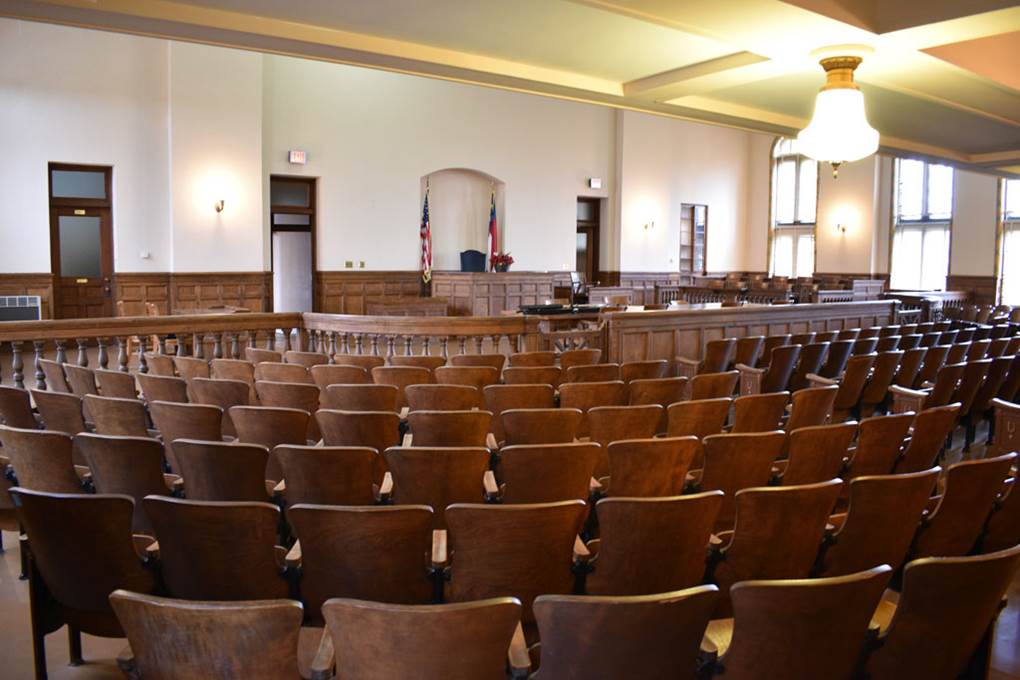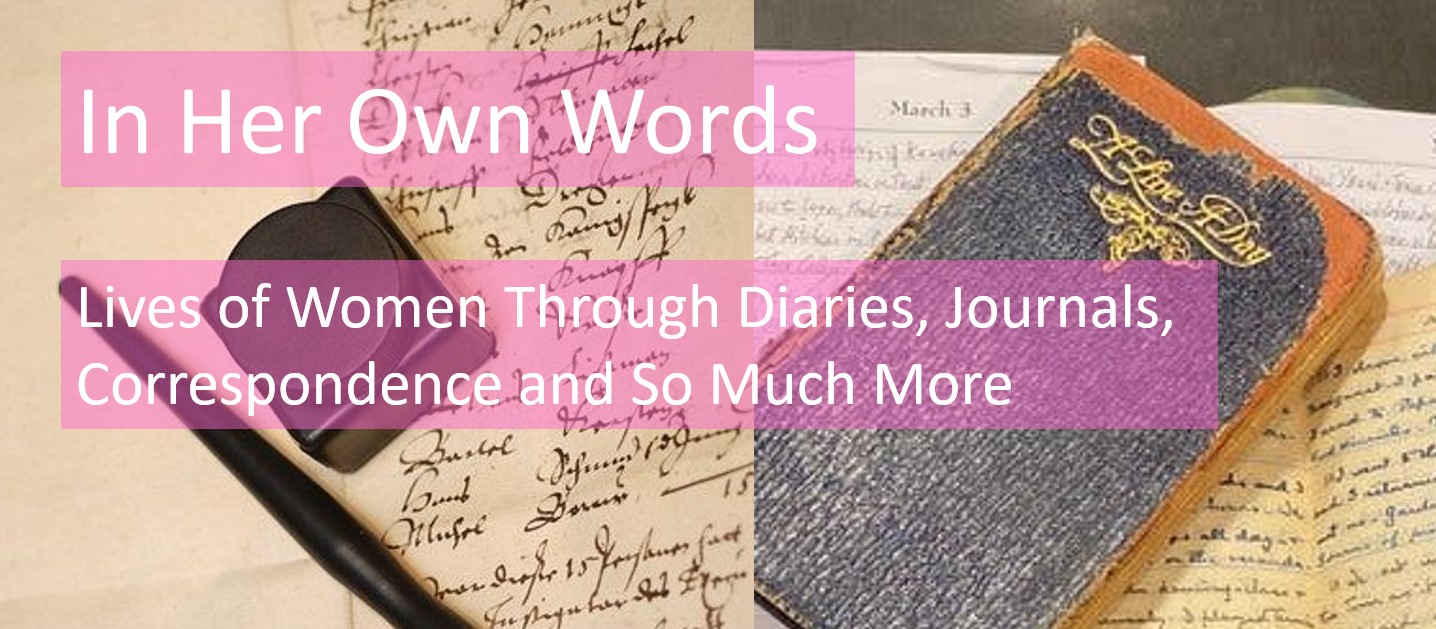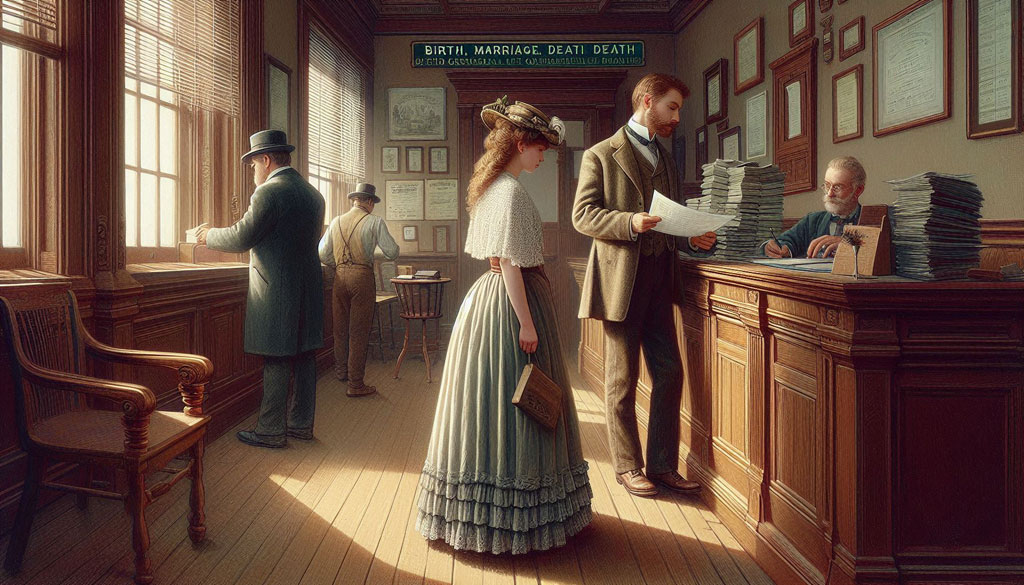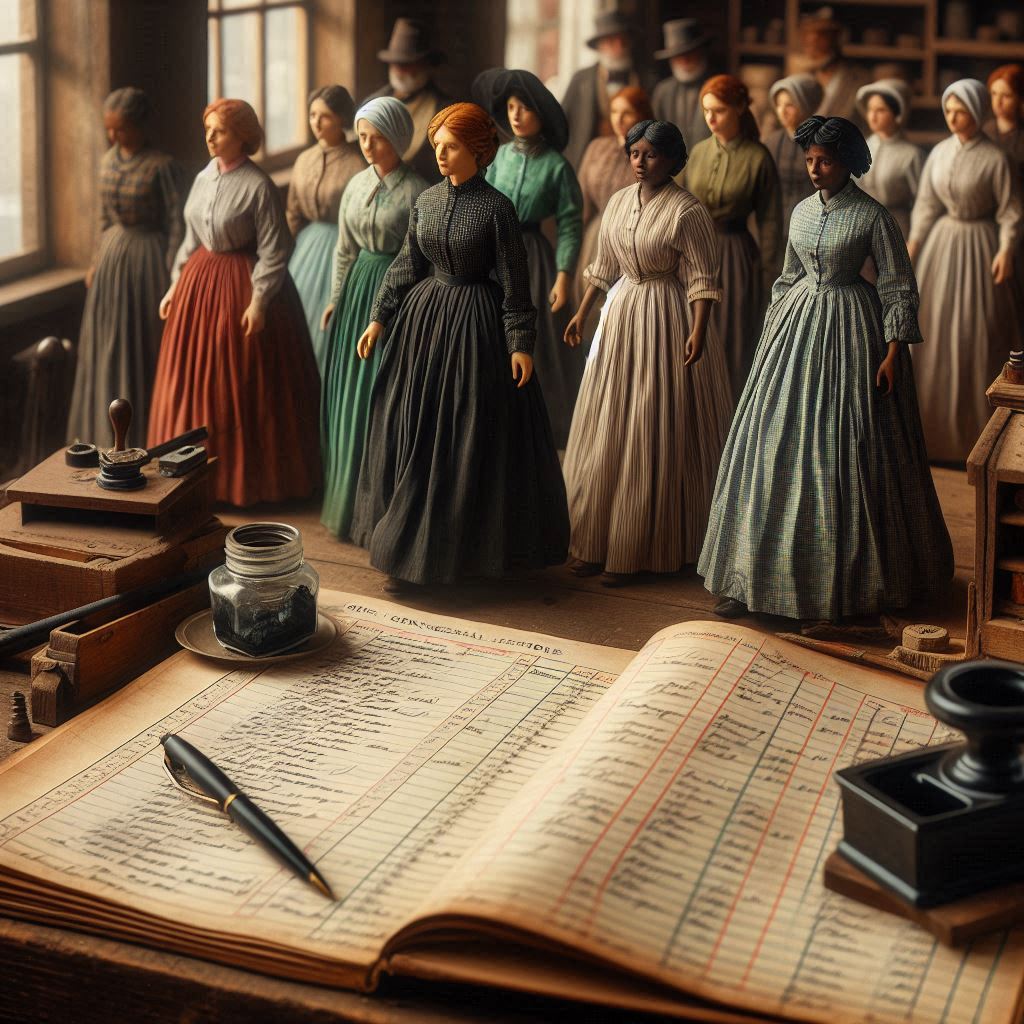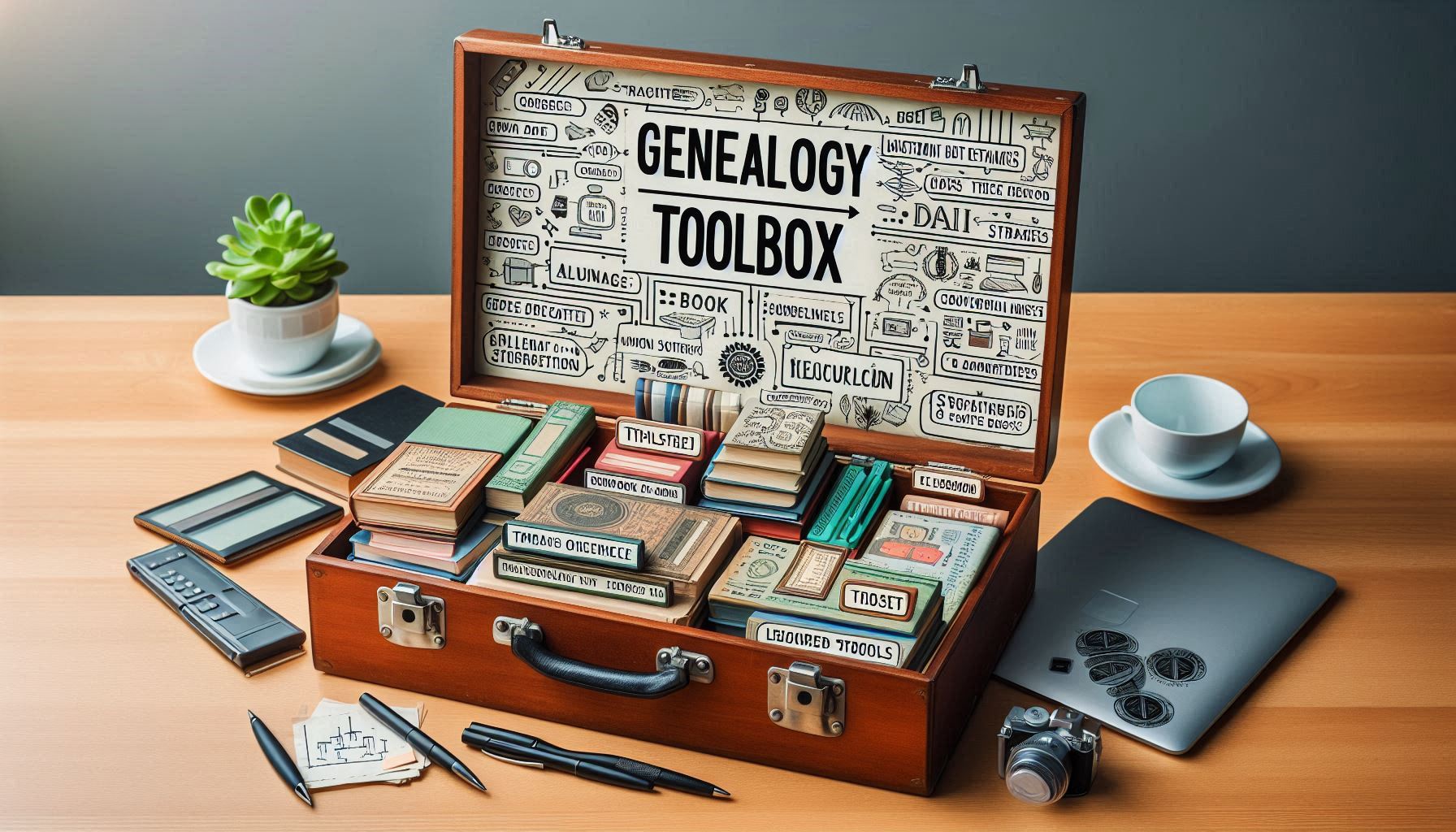More Than Just Mail: Post Office Records and the Insights They Provide Into Our Ancestors Reading Habits and Life (Records)
Post offices aren’t just about employees or even the mail. Most of us receive our newspapers and magazines mailed directly from the publisher or purchased in a store. That wasn’t how it used to be - there was no rural door-to-door delivery before the turn of the 20th century!!! Who handled subscriptions for reading material? They were handled by the postmaster at the post office! Wouldn’t you like to see great-great-grandpa’s subscription list? Some of these subscription lists DO survive and can provide insights about a person, including religious and/or political leanings, hobbies, news interests, and much more. We’ll also talk about other post office records that tell us who our ancestors purchased from, sent mail orders to, and more! Information often found nowhere else!

